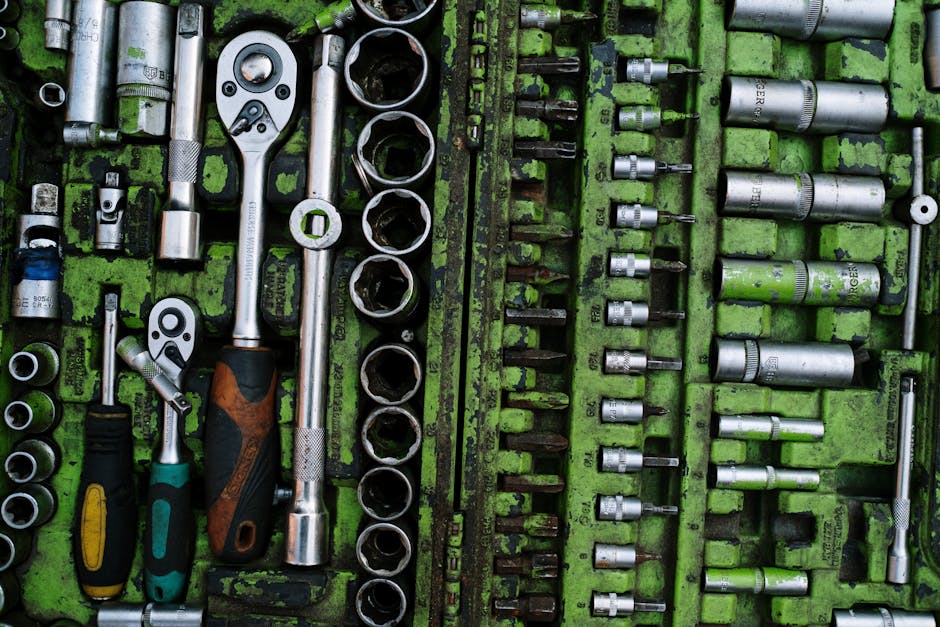Top HVAC Maintenance Tips for Every Season

Maintaining your HVAC system throughout the year is essential to ensure it runs efficiently and effectively. Proper maintenance can prevent costly repairs, extend the life of your system, and keep your home comfortable in all seasons. This guide covers essential HVAC maintenance tips for every season, offering practical advice to keep your heating, ventilation, and air conditioning systems in top shape.
Spring Maintenance
As the weather warms up, it's crucial to prepare your HVAC system for the increased demand of the summer months. Spring is an ideal time for a thorough inspection and cleaning.
First, replace the air filters. Dirty or clogged filters can reduce airflow and make your system work harder, leading to higher energy bills and potential damage. It's recommended to change filters every 1-3 months, depending on usage and filter type.
Next, clean the outdoor condenser unit. Remove any debris such as leaves, twigs, and dirt that may have accumulated over the winter. A clean condenser improves efficiency and prevents overheating.
Check the thermostat settings to ensure they are appropriate for the upcoming warm weather. Consider upgrading to a programmable thermostat for more precise control over your home's temperature.
Finally, schedule a professional inspection. A certified HVAC technician can identify any potential issues and perform necessary tune-ups to keep your system running smoothly.
Summer Maintenance
The summer heat puts a significant strain on your HVAC system. Regular maintenance during this season can help it cope with the high demand.
Inspect and clean the evaporator coils inside your unit. Dirty coils can reduce cooling efficiency and increase energy consumption. You can gently clean them with a soft brush or vacuum cleaner.
Check refrigerant levels. Low refrigerant can cause your system to work inefficiently and may indicate a leak that needs to be repaired by a professional.
Ensure proper airflow around the outdoor unit. Keep the area around it clear of obstructions such as plants or garden furniture, maintaining at least two feet of clearance for optimal performance.
- Replace air filters monthly during peak usage periods.
- Inspect ductwork for leaks and seal any gaps with duct tape or mastic sealant.
- Monitor humidity levels inside your home using a hygrometer.
Fall Maintenance
As temperatures begin to drop, it's time to prepare your HVAC system for the colder months ahead. Fall maintenance focuses on ensuring your heating components are ready for use.
Replace air filters once again. Clean filters improve indoor air quality and ensure efficient operation of your heating system.
Check and clean the furnace burners. Dust and debris can accumulate on burners, causing them to operate less efficiently or even pose a fire hazard. A professional can safely clean and inspect them for you.
Test the ignition system and pilot light if applicable. Ensure they are functioning correctly before you need to rely on them for heating.
| Task | Frequency |
|---|---|
| Replace Air Filters | Every 1-3 months |
| Clean Outdoor Unit | Annually in Spring |
| Check Refrigerant Levels | Annually in Summer |
| Inspect Ductwork | Semi-Annually |
| Clean Furnace Burners | Annually in Fall |
Winter Maintenance
The winter season requires special attention to ensure your heating system operates reliably during cold weather. Regular checks and simple tasks can prevent unexpected breakdowns.
Keep vents clear of obstructions such as furniture or drapes. Blocked vents can reduce airflow and make your system work harder than necessary.
If you have a heat pump, clear any snow or ice from around the outdoor unit. Accumulated snow can impede its operation and reduce efficiency.
Add insulation to exposed pipes carrying hot water or steam. Insulated pipes retain heat better, reducing energy consumption and preventing freezing during extremely cold weather.
- Check carbon monoxide detectors: Ensure they are functioning properly to detect any potential leaks from gas-powered heating systems.
- Monitor indoor humidity: Low humidity can cause discomfort; consider using a humidifier if needed.
Troubleshooting Common Issues
No matter how well you maintain your HVAC system, issues may still arise from time to time. Here are some common problems and tips for troubleshooting them:
- No Airflow: Check if the thermostat is set correctly and ensure that the circuit breaker hasn't tripped. If these aren't the issues, there could be a problem with the blower motor or fan.
- No Heat: Verify that the pilot light is lit (for gas furnaces) or check if there’s an issue with the ignition system or thermostat settings.
- No Cooling: Ensure that there is no debris blocking the condenser unit outside. Also, check refrigerant levels; low refrigerant usually indicates a leak requiring professional repair.
The Importance of Professional Inspections
A key aspect of maintaining your HVAC system is scheduling regular professional inspections. Technicians have specialized tools and knowledge that allow them to detect issues that might not be apparent during routine homeowner checks.
A professional inspection typically includes checking electrical connections, lubricating moving parts, inspecting condensate drains, measuring airflow through evaporator coils, testing thermostat accuracy, and assessing overall system performance.
According to Energy.gov (energy.gov) routine professional maintenance can improve energy efficiency by up to 15% while extending equipment lifespan.
Year-Round Care Pays Off
Caring for your HVAC system throughout each season ensures it operates efficiently when you need it most while minimizing unexpected breakdowns.
By following these seasonal maintenance tips—replacing air filters regularly; cleaning condenser units; checking refrigerant levels; inspecting furnace burners; keeping vents clear—you’ll save money on energy bills & prolong equipment life.
Don't forget about scheduling regular professional inspections! They help identify small problems before they become major repairs.
With proper care all year round—you’ll enjoy consistent comfort inside regardless of what’s happening outside.